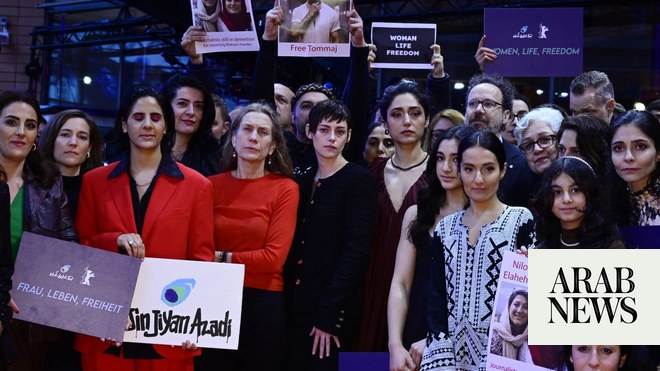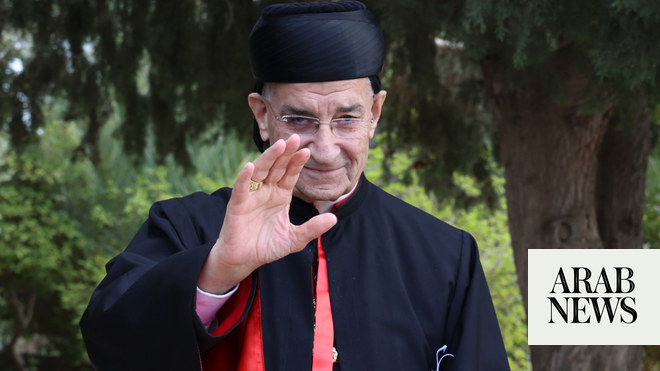
Abdolhamid Ismail-Zai is the spiritual leader of the country’s Baluchi minority
‘We do not have freedom in the Islamic Republic. Everything is censored. Everything is restricted’
LONDON: Iran’s top Sunni cleric condemned the regime in his Friday sermon, saying authorities are trying to pay to silence the families of people killed in protests that have rocked the country in recent weeks.
Abdolhamid Ismail-Zai, 75, was speaking out following disproportionate violence meted out against members of the Baluchi ethnic minority, a largely Sunni group in Shiite-majority Iran for whom he is a spiritual and political figurehead.
Last week, 18 people were shot by security forces in the southeastern Sistan and Baluchistan province, and the families want justice, said Ismail-Zai.
“We do not want money,” he said in his sermon at Makki mosque in the provincial capital Zahedan. “Who were the people who made this happen, and for what reason? The people who were responsible for this must be brought to justice. This was the demand of the martyrs’ families.”
Ismail-Zai haș become increasingly vocal in his criticism of the regime throughout the protests, which began after the death of 22-year-old Kurdish woman Mahsa Amini in the custody of the country’s morality police in September.
“We do not have freedom in the Islamic Republic,” Ismail-Zai said. “Where is the freedom? Where is the freedom of press? Where is the freedom of expression? Everything is censored. Everything is restricted.
“A large part of the Iranian people is protesting. A majority of the people of Iran have objections, are unsatisfied. I urge regime leaders to listen to them.”
In recent weeks, Ismail-Zai has also questioned why authorities have used live fire against protesters in Baluchistan and Kurdistan, as opposed to teargas and non-lethal rounds against demonstrations elsewhere.
In his sermon, he also criticized politicians who recently called for the death penalty for protesters, though stopped short of discussing Iran’s Supreme Leader Ali Khamenei.
“Representatives represent the people,” he said. “You have to listen to people. You have to defend the people so that the bullets of war are not fired at them.”
One insider close to Ismail-Zai told The Independent: “He doesn’t want the regime to accuse him of provoking violence.”
After Friday prayers, protests erupted against the regime across the region, with demonstrators chanting denunciations of Khamenei and the Islamic Revolutionary Guard Corps. People also reportedly threw stones at security forces, and a number of fires were lit.
Amnesty International says Sistan and Baluchistan has suffered disproportionate violence from the regime compared to many other regions.
“Protesters from the oppressed Baluchi minority have borne the brunt of the security forces’ particularly vicious crackdown on demonstrations,” Amnesty said on Friday.
So far, around a quarter of the people killed during the violence across Iran have been in Sistan and Baluchistan, including nearly 100 killed in Zahedan on Sept. 30. Amnesty says it has the names of at least 100 killed in the province since the unrest began.
It is not the first time Ismail-Zai has condemned the regime — he has been a vocal critic over the years, which has seen him subjected to all manner of curbs on his freedom, including travel bans.
An advocate of peace, he has also criticized armed Baluch separatists, instead advocating for a referendum on the country’s political future.











